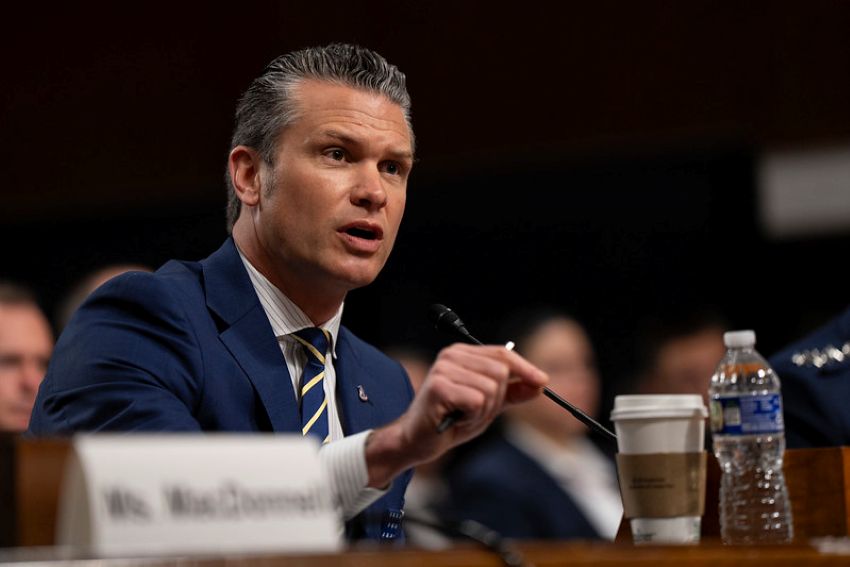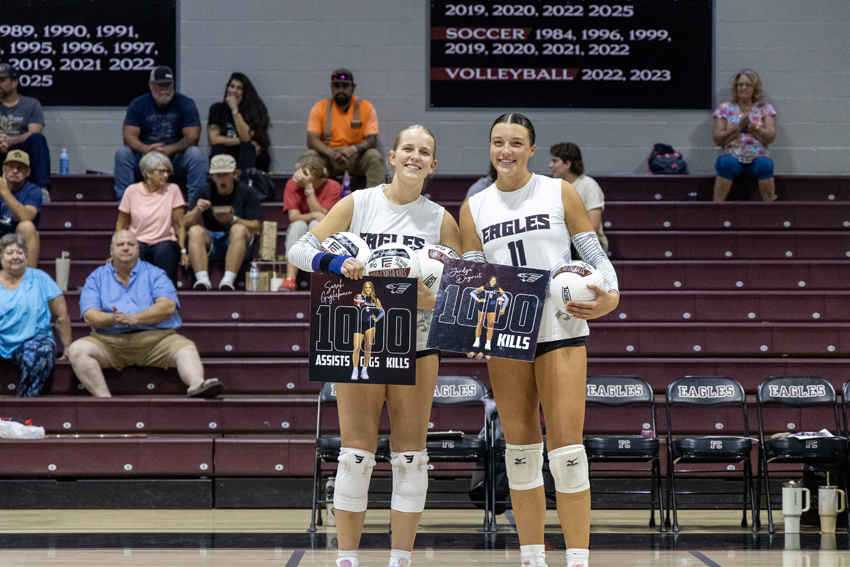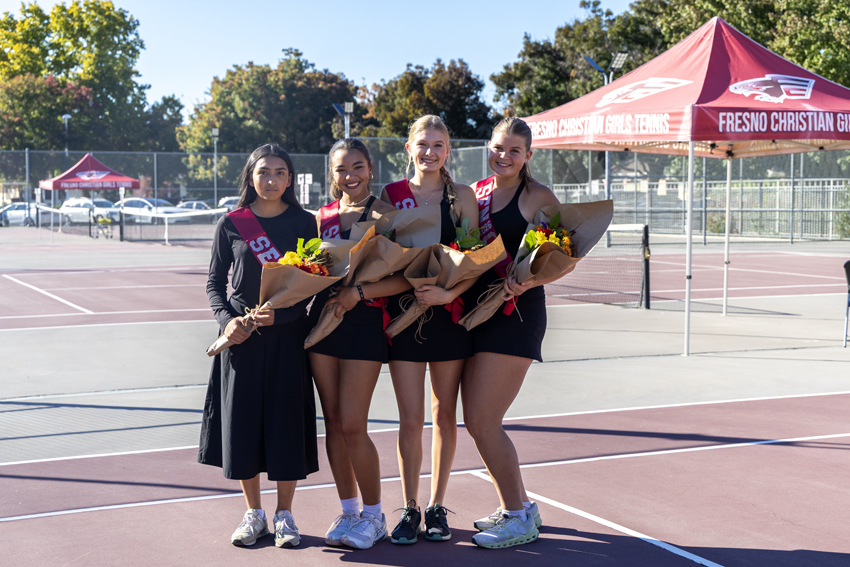Last year the campus California Scholarship Federation (CSF) chapter began a tutoring program, providing free services for students who need assistance with their classes. Due to the success of the program, the same tutoring services are being offered this semester as well, with sessions beginning Oct. 12.
The tutors work one hour a week at a time convenient for both students during lunch, a study hall class or after school. The program focuses on math and English, but all subjects can be covered.
Junior Kelsey Hart says she finds the program beneficial as well as encouraging.
“I chose to take part in the tutoring program because I could really use the extra help in math,” Hart said. “I find that it’s easier to listen to kids my own age rather than adults because they understand me better. I go to math lab during lunch: however, it’s often really busy and so you have to sit and wait for the teacher to help you. What I like most about the program is that it’s one-on-one and the tutors are only focused on you.”
Although the program was originally designed for high school kids only, the convenient opportunity has attracted elementary and junior high students as well. According to CSF advisor Molly Sargent, the program meets students immediately at their specific point of need.
“We began the program last year because there were too many students who didn’t need long-term serious tutoring like the Learning Resource Center (LRC) provides,” Sargent said. “They only needed help on an occasional basis from peers. We also wanted to provide a way for CSF members to earn the community service required for the chapter. They are uniquely qualified for this particular service due to their high academic achievements.”
According to CSF member Trevor York, the community service aspect of the program is not the only thing that encouraged him to become a tutor.
“I decided to become a tutor because I enjoy explaining things to people and helping them do better in school,” York said. “It also forces me to learn more about the subject when I have to teach it to someone else. If a student doesn’t get some concept in class, they can have one-on-one help through the tutoring program that allows us to meet their specific needs.”
Senior Suzanna Quiring, CSF president and head of the tutoring program, says the arrangement works well due to its simplicity.
“I think the tutoring program will be a success because there is very little red tape, just students helping other students,” Quiring said. “It is really helpful, if you’re struggling with a class, to get advice from someone who took and did well in the exact same class.”
Although the tutors receive community service, Sargent says there are other benefits that provide incentives for CSF members to take part.
“The tutoring allows the CSF leaders to gain confidence and have experience with teaching,” Sargent said. “It’s a very cool feeling to be needed and I want the kids to realize that they have a lot to offer. What I hope for the tutors to acquire from the program is compassion for those who may not be as academically gifted as they are. They will also learn patience as well. The service provides horizontal instruction that allows students to work with students. Often times this method works better for kids who may be struggling.”
For more information about CSF and tutoring, read the Nov. 21, 2008 article, CSF initiates complimentary tutoring service or e-mail Sargent.






